Dear Parents, Friends, Staff and Students of St Catherine’s,
Opportunities
I am grateful to the staff and parents who provide and support the vast array of opportunities for students at St Catherines. Over the past 3 weeks I have seen first-hand our students participate in Debating, Art Club, Mass at St Matthew's Bridgewater, Sewing Club, Book week, Choir, Science Week, Italian Day and as I write this email, I am anticipating listening to our students perform at the St Catherine's Instrumental Evening. What I notice about students at St Catherine's is the way so many of our students are willing to participate in events like these, particularly when it may not be their strength. I believe that it is the nurturing and supportive culture of the school that enables students to feel safe to "have a go". A judge at the recent debating competition awarded a St Catherine's team a one-point victory and offered that it was the cohesive way our team worked together that was the deciding factor. There is a strong sense of belonging and support at St Catherine's, perpetuated amongst the students, nurtured by the staff and evident in the way that so many of our parents and carers are involved in the school.
Staffing News
Tanya Davis has accepted the role of ESO 2 days per week with us. We are fortunate to have someone of Tanya’s previous experience (as a teacher) in this role.
Laura O’Connell has accepted a position at Westminster School commencing in January 2025. I know that Laura has been a valued member of staff. I am confident that we will attract excellent staff to the school given the response to the advertised position mentioned below.
We have been interviewing this week for the new teacher position that came about because of our growing enrolments. We have received a significant number of quality applications for this position. This is no surprise to me because St Catherines is highly regarded as a destination school particularly with its strong community, supportive families, positive student/staff relationships and delightful hills setting.
Building Masterplan
The School and the Board have recently received geotechnical and soil contamination testing summary reports from an engineer, and I am pleased to share that the reports give confidence to the architect’s original intent and allow us to consider the next phase of the St Catherines Building Master Plan.
How frequently are computers (and iPads) in the classroom at St Catherine's?
I was asked this question recently by a parent. It seems to me that historically when computers and more recently iPads were introduced into schools, we decided to make them the centre of learning rather than an aid to learning. Often, they were permanently on student desks, in students’ hands, and available to randomly search or play games. I wanted to reassure you that this is not the case at St Catherine’s. They are a tool used occasionally and only for targeted purposes. In junior primary classes iPads are not kept in the classroom and when they are used it is largely to access learning programs that the school has carefully considered and purchased. In upper primary classrooms, laptops are used largely for designated topic research and construction of assignments. This week I surveyed staff to ask the percentage of a week that devices are used, and I can share with you that the average is less than 20 percent of time in the classroom.
Your child's wellbeing and social media
Much has been written and said recently about the negative impact of social media on the wellbeing of children and as a community minded school it is important for us to be part of the leadership of this conversation. I offer that I have seen little benefit and considerable harm caused by particularly younger children accessing social media. While it is a decision for individual families, I have heard often that parents feel pressured into providing their children with a device or allowing them to use social media. Usually, the argument is that “everyone else is allowed to” which is usually not the case. Given the current conversation, I encourage you to consider the invitation from our St Catherine’s Parents and Friends Committee below.
From the St Catherine's Parents and Friends Committee:
Dear parents,
Parenting in this smartphone – social media world
When is the right time to give your child a phone? Are you worried about the impact phones are having on brain development/mental health/developing healthy relationships? Would you be interested in reclaiming a more experiential, nature-based childhood for your child? Do you feel that it is too late and too hard to put the genie back in the bottle?
As you may know, there are increasing calls from parents, teachers, and society at large to regulate the tech companies and their influence over our children. Premiers Chris Minns (NSW) and Peter Malinauskas (SA) have convened a joint Summit to look at restricting teen access to social media in October 2024. Some of the more confronting statistics are listed below with a link to several relevant articles. The studies are in and are increasingly worrying. That there will be legislation in this area is only a matter of time – however we’d like to be on the front foot for our children’s sakes.
The P&F committee has been discussing this and we have an invitation for parents who would like to learn more about delaying/managing smartphones and social media. Here are the basics!
1. Pester power/peer pressure and how to combat it.
Most families cave into the demand for phones because “everyone else is getting one” and understandably, we don’t want our children to be left out.
At present, the message most parents receive is to be tech-savvy and one step ahead of children - to monitor their usage/apps. We know that this is time-consuming, creates tension amongst family members and frankly, doesn’t work. The kids are running rings around us.
However there is a very simple way to combat this. Parents come together as a collective and agree to delay giving smartphones. The age you choose is up to your cohort – some groups choose 13, others 16. The important thing is consistency and sticking with it!
The market is slowly responding to what parents are asking for in relation to phones. ‘Start’ phones (like the old Nokia 3210) are an efficient communication tool. Children can make and receive texts and calls, and are able to keep in touch with each other to organise catch ups.
2. In Real Life free play/community gathering
We know that children learn and grow through play and (calculated!) risk taking. We all live busy lives. Adults benefit too from slowing down and spending time in nature and socialising with others.
If we come together as a group to delay smartphones, it makes sense therefore to organise regular opportunities to catch up away from screens. This could look like bush walks, play at the park/oval, cubby making adventures (indoor or out)… We are hoping to begin our Friday after school stay and play sessions in the near future. This will also enable parents to connect. As we know, it takes a village!
If this is something you would like to learn more about, please get in touch and stay tuned! There will be more to come!
Jane McCaffrey (mother of Sylvie Dwyer) and the P&F Committee
Some relevant statistics
After the SA government banned phones in schools a year ago, the following happened:-
- Behavioural issues DOWN 54%.
- Social media incidents DOWN 63%.
- Violence related incidents DOWN 10%.
- Policy compliance issues DOWN 44%.
Australians over the age of 14 spend an average of six hours a week on social media (Uni Sydney report 2023). According to the eSafety Commissioner's Digital Lives of Aussie Kids report, 12–13-year-olds use an average of 3.1 social media services.
Common negative experiences include wasting time (54 percent), seeing unwanted ads/content (51 percent), sleep deprivation (27 percent), app overuse (37 percent) as well as cyberbullying (17 percent). Images or videos targeting groups or individuals based on gender, race, or sexual identity, and violent or abhorrent materials are seen as particularly problematic.
Access whole report here:-
Up-to-date links
Information about the importance of play with hard-hitting data and some videos.
Transcript of NY Times article – Jean Twenge, noted research psychologist speaks about correlation between smartphone use and poor mental health
https://www.nytimes.com/2023/05/19/podcasts/transcript-ezra-klein-interviews-jean-twenge.html
SEEN podcast “Mastering children's mental health in the digital age” – community conversation with panel including Professor Selena Bartlett, neuroscientist – August 2024
https://podcasts.apple.com/au/podcast/thriving-minds-podcast/id1471835230?i=1000665246008
Regards,
Mark Simpson
Together in Faith, Learning and Community

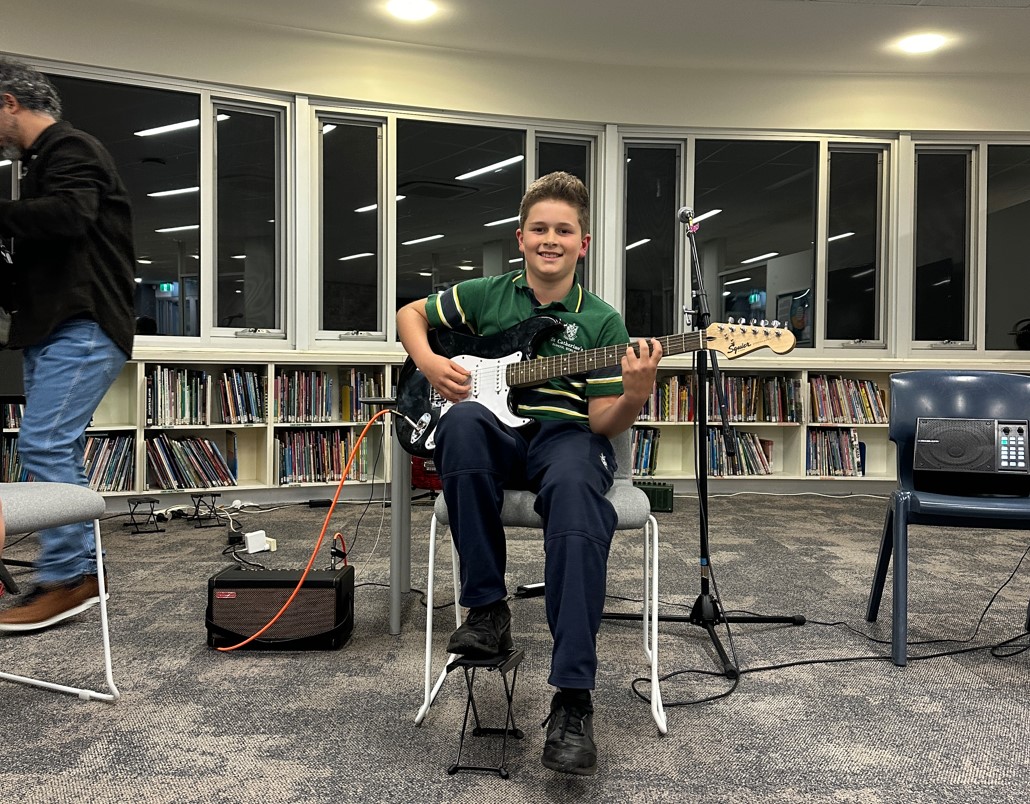







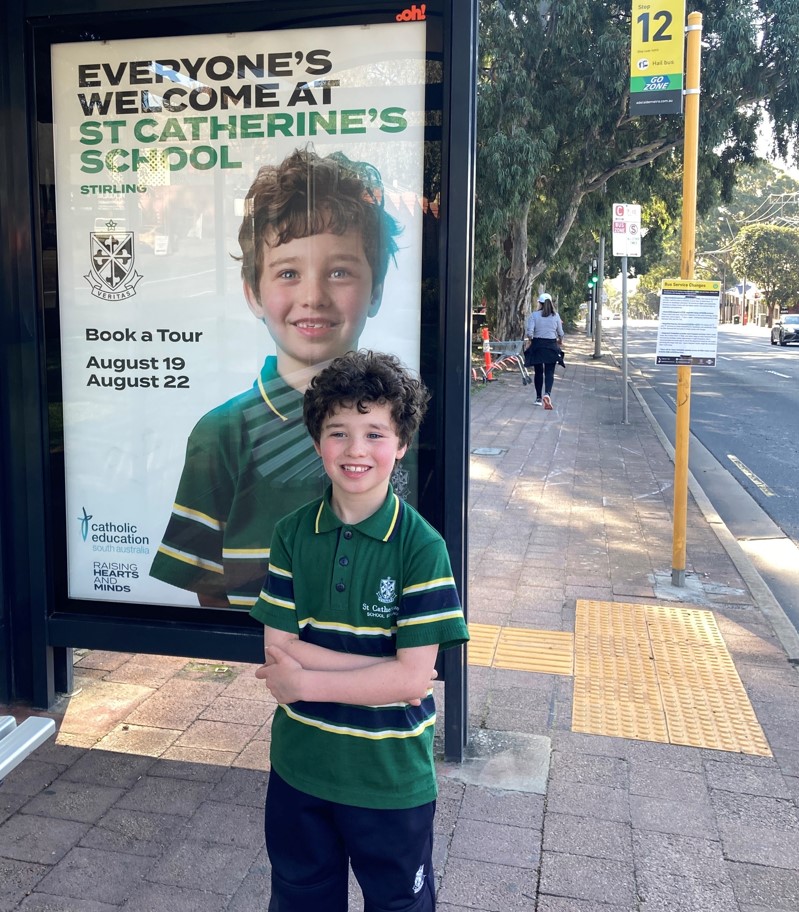


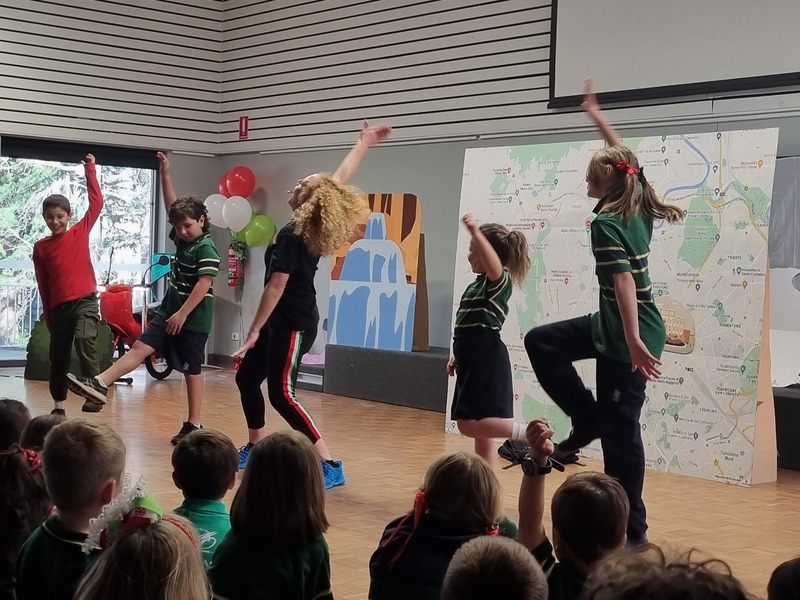

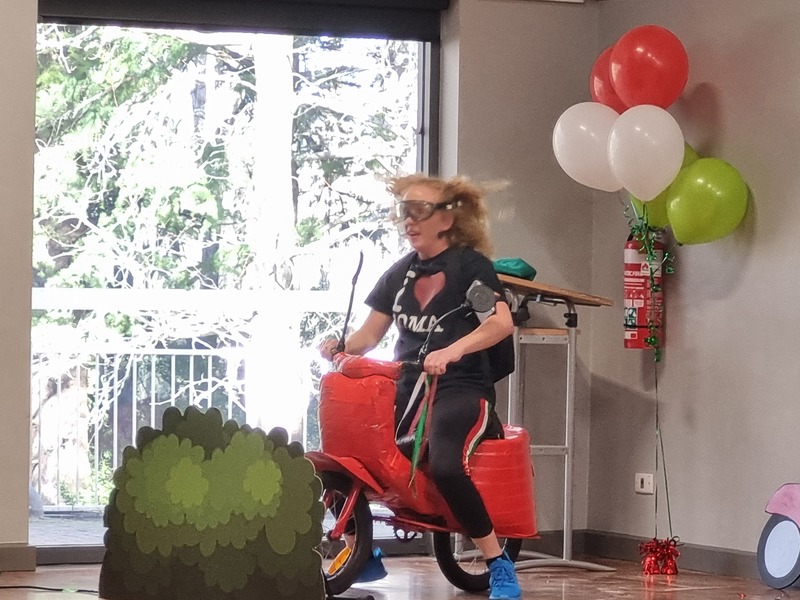
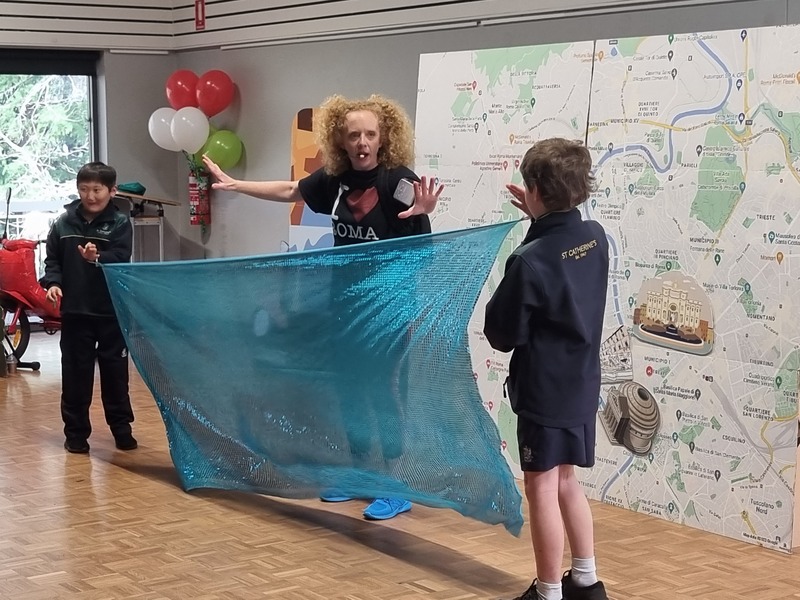
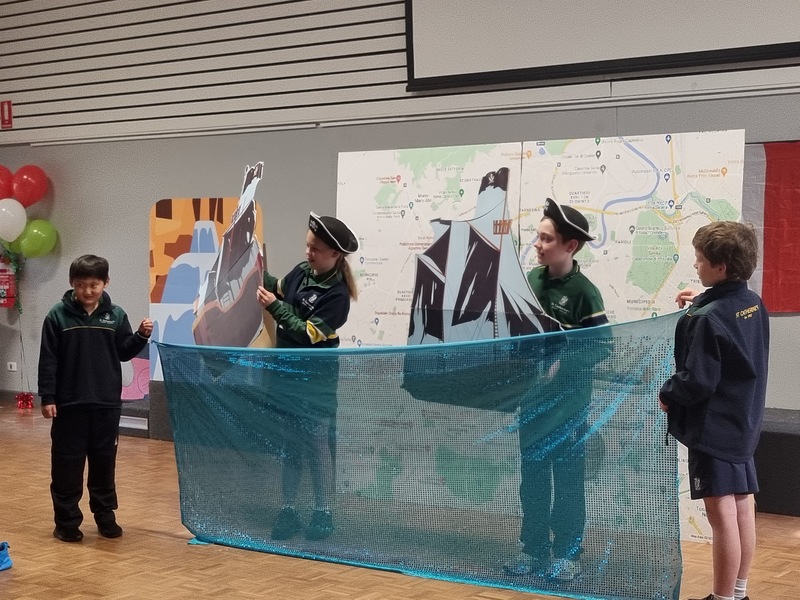
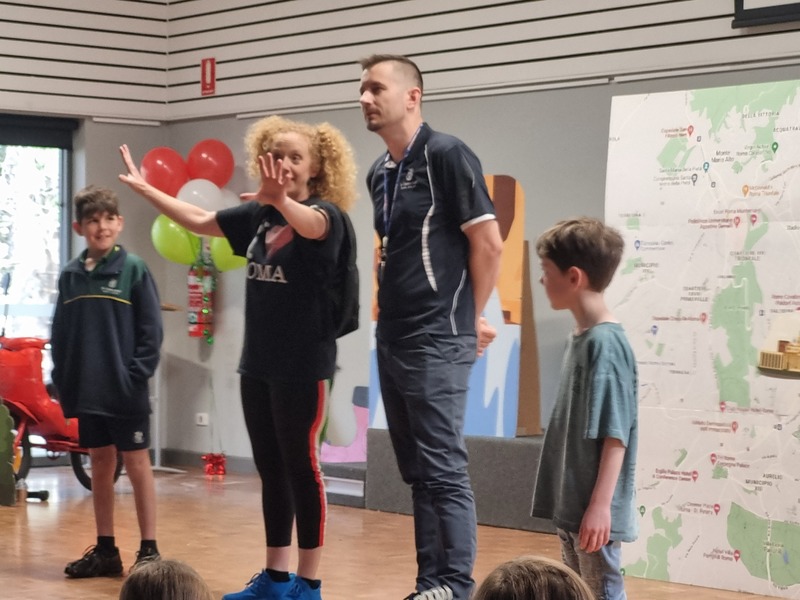

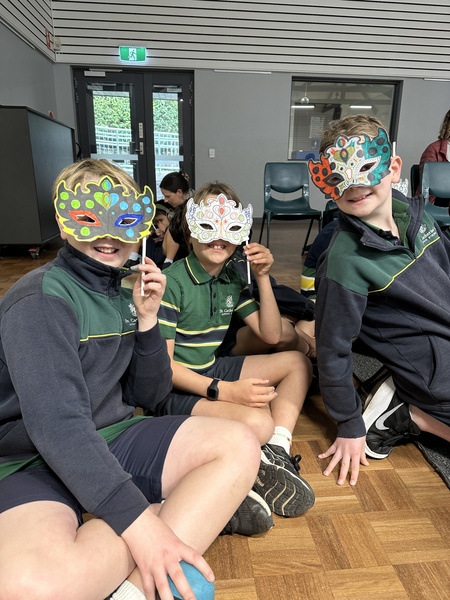


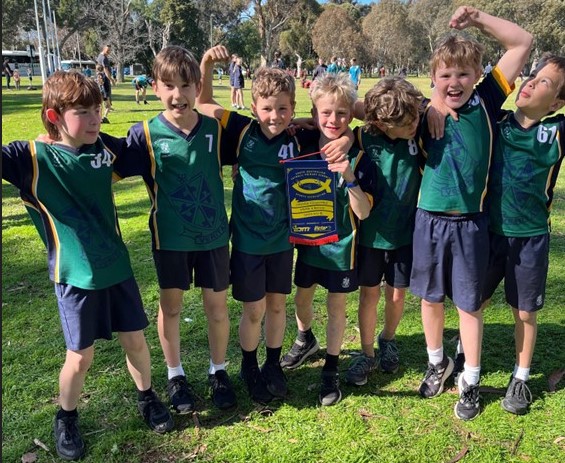

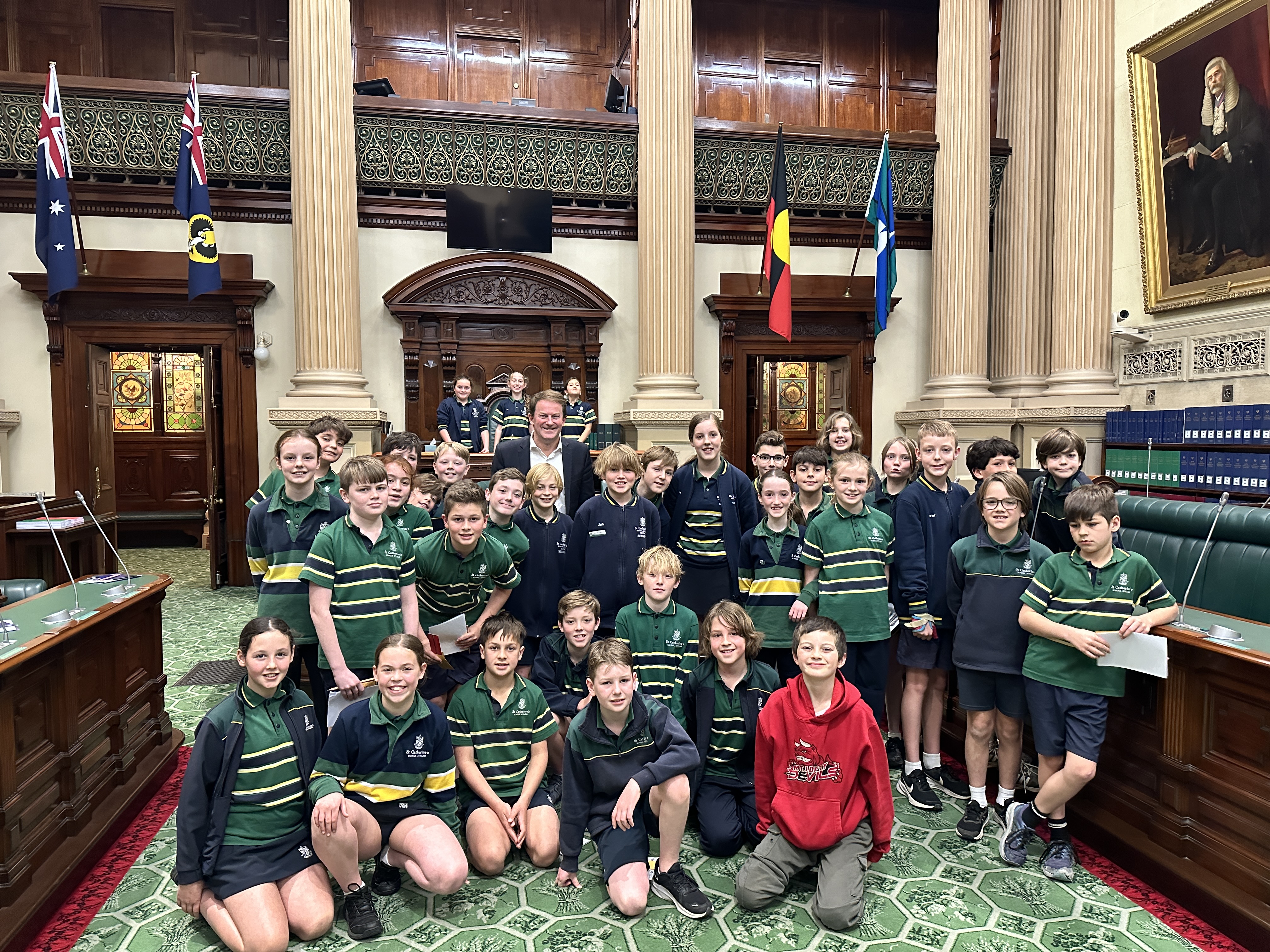



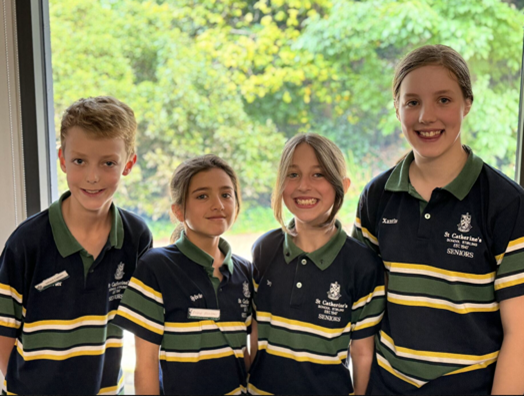
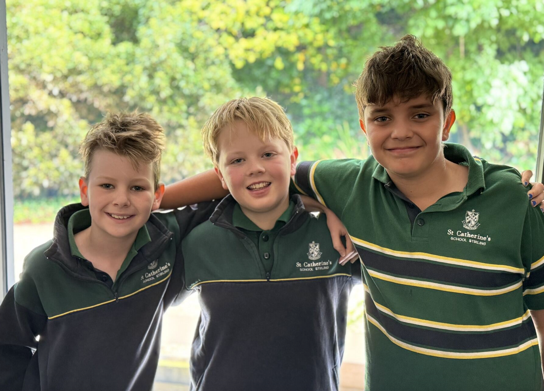
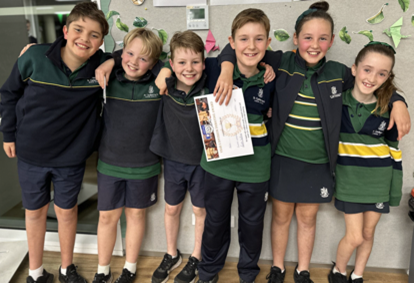


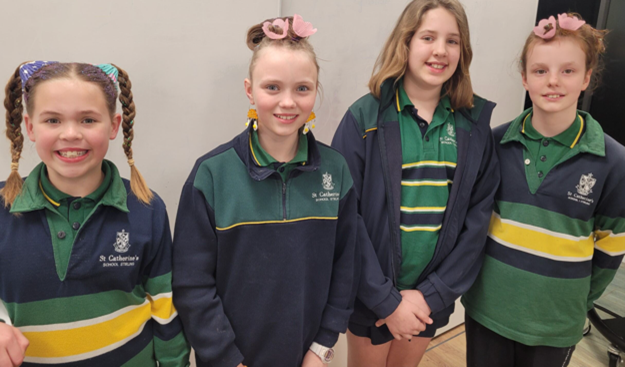

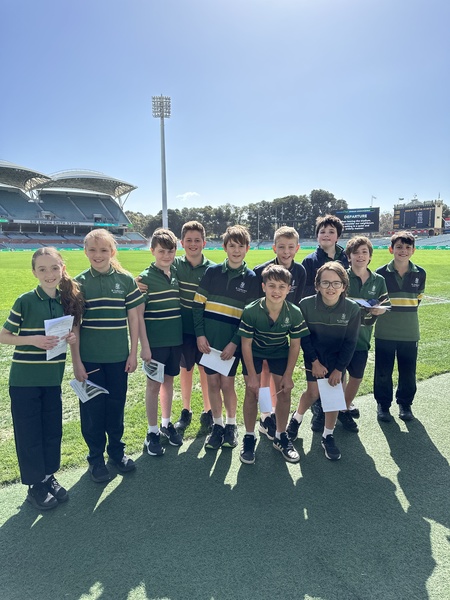

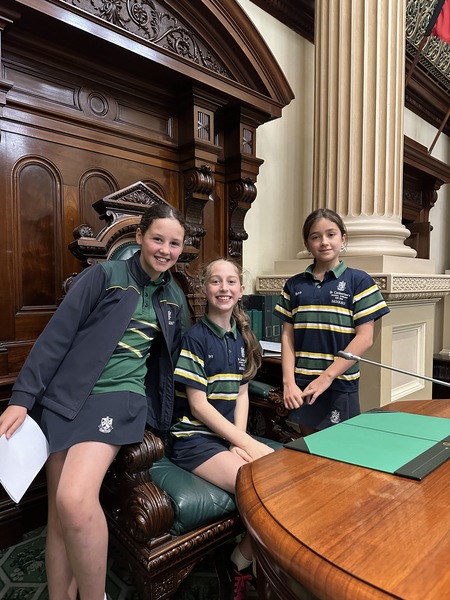

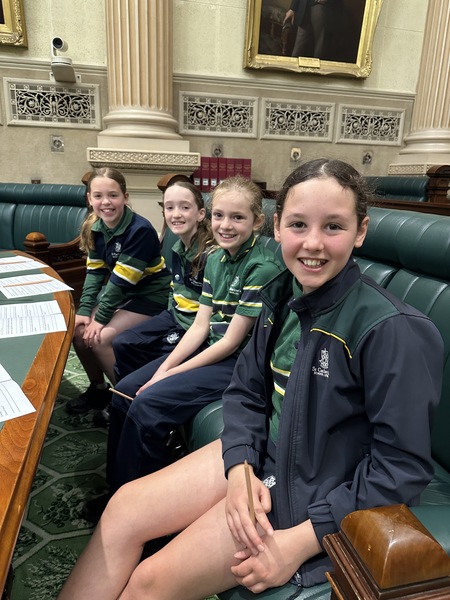
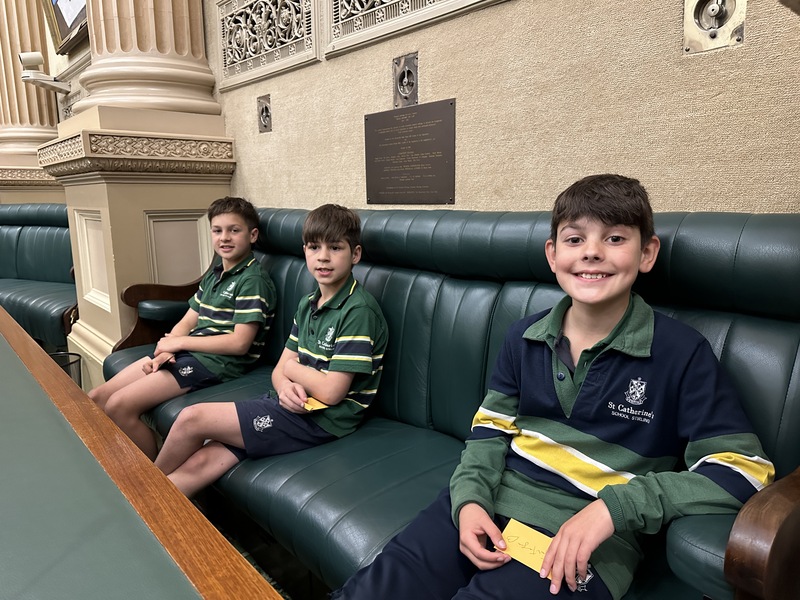




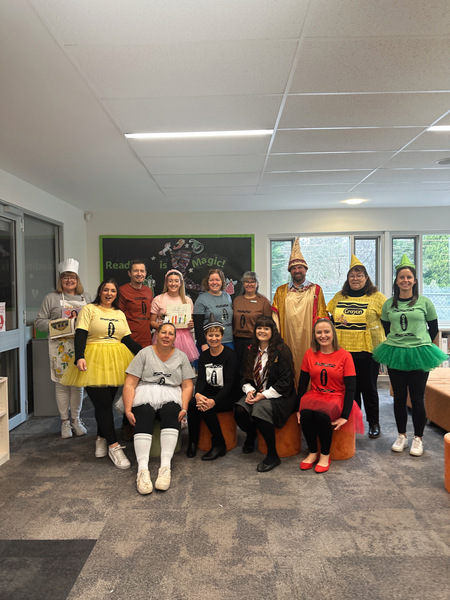
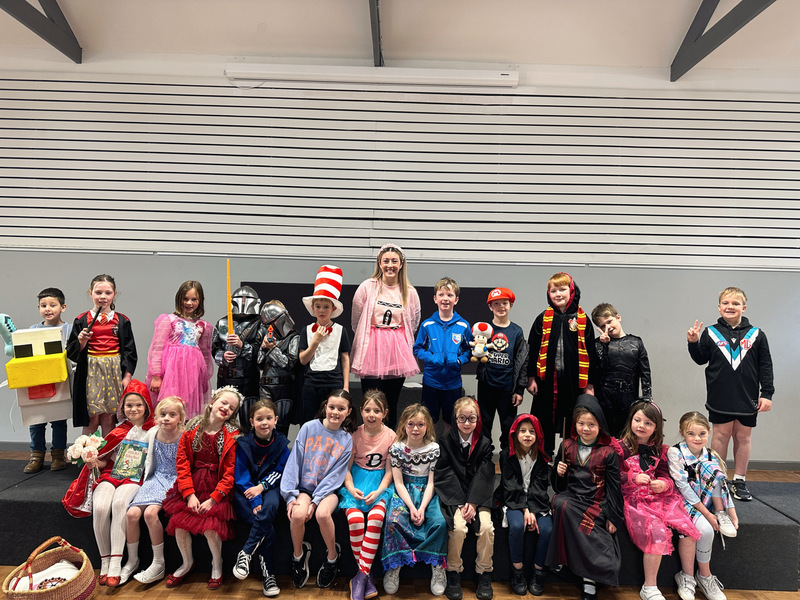


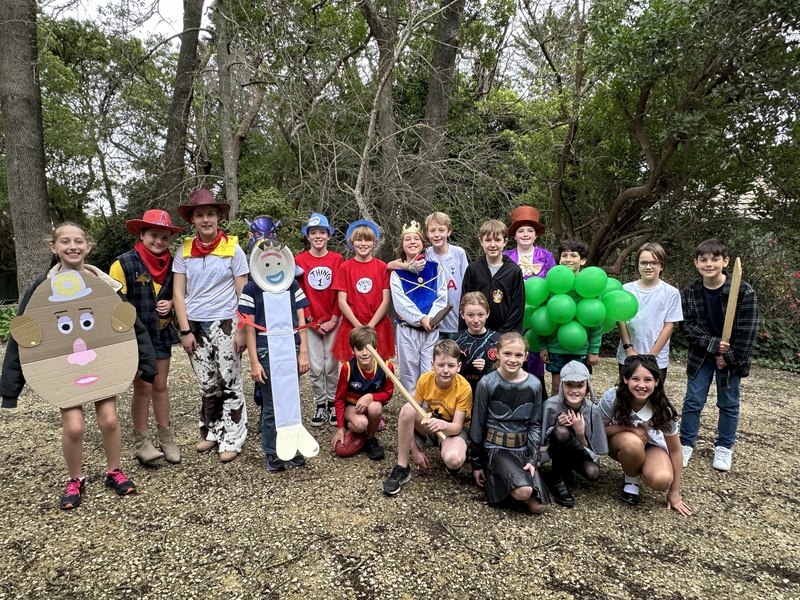
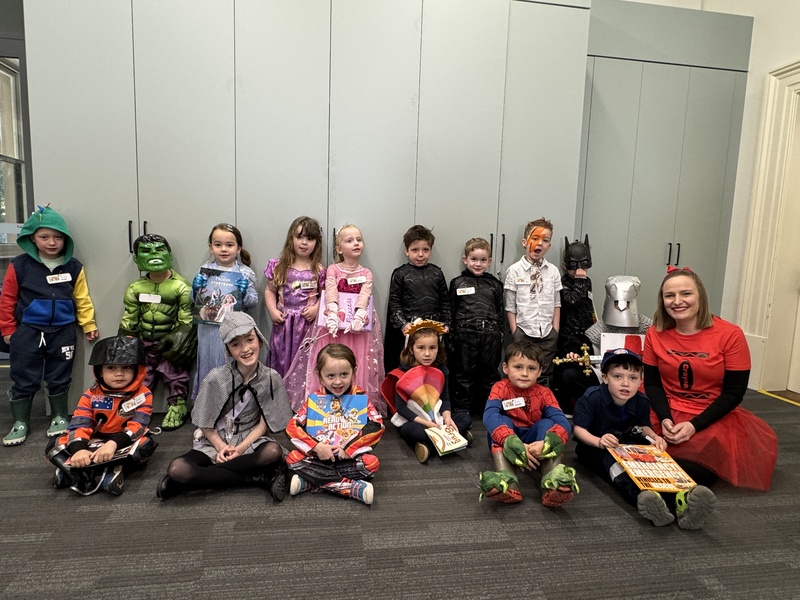
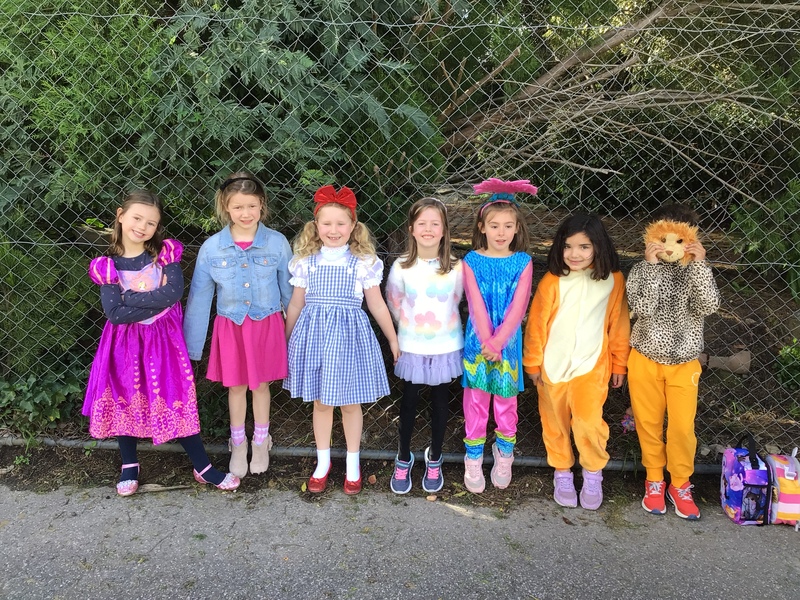

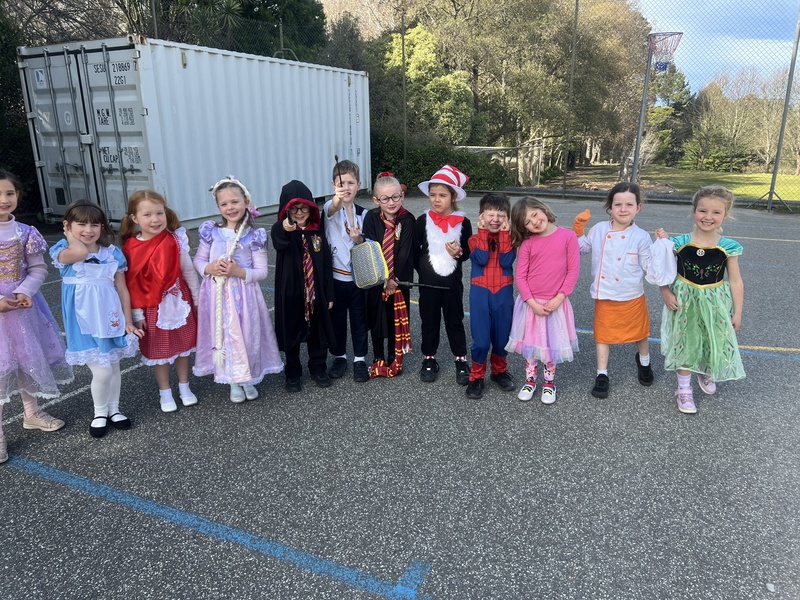

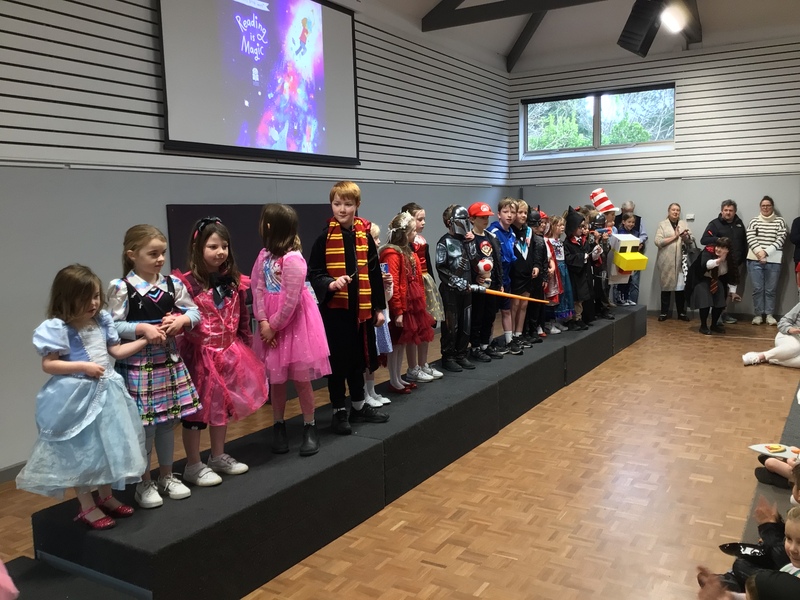

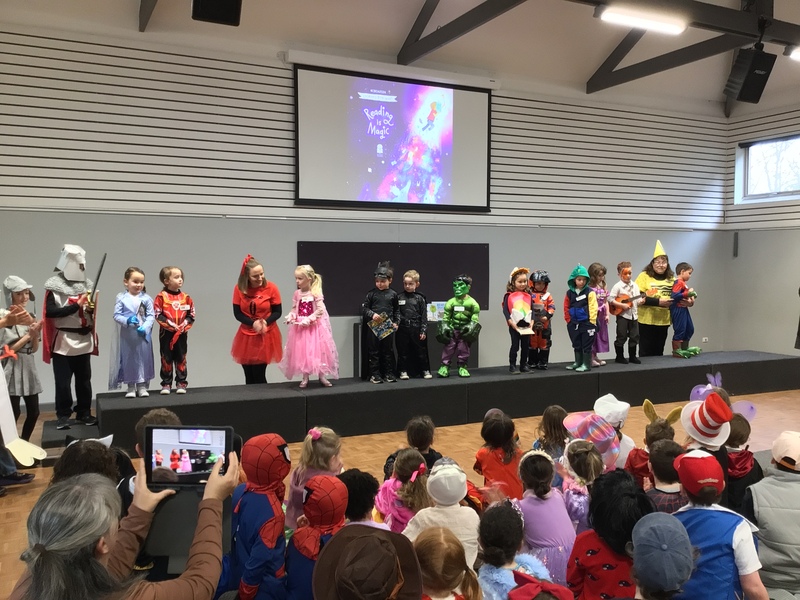
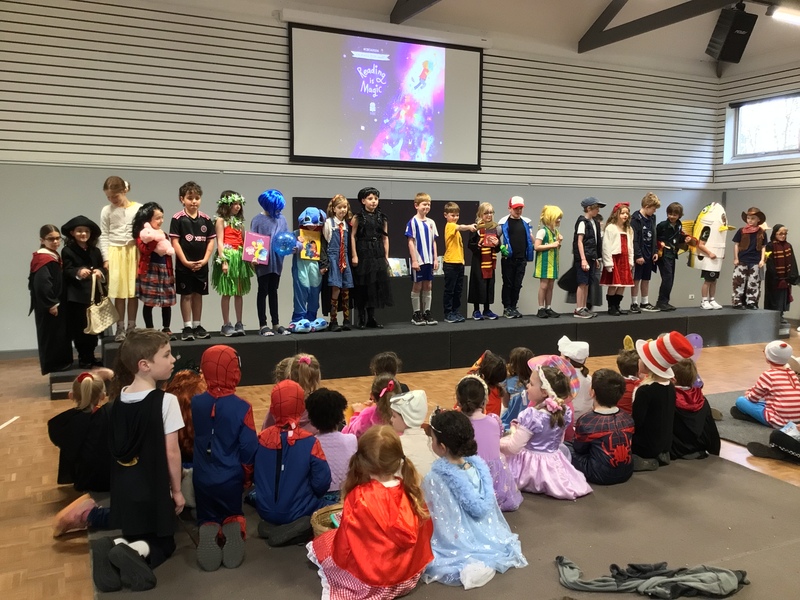
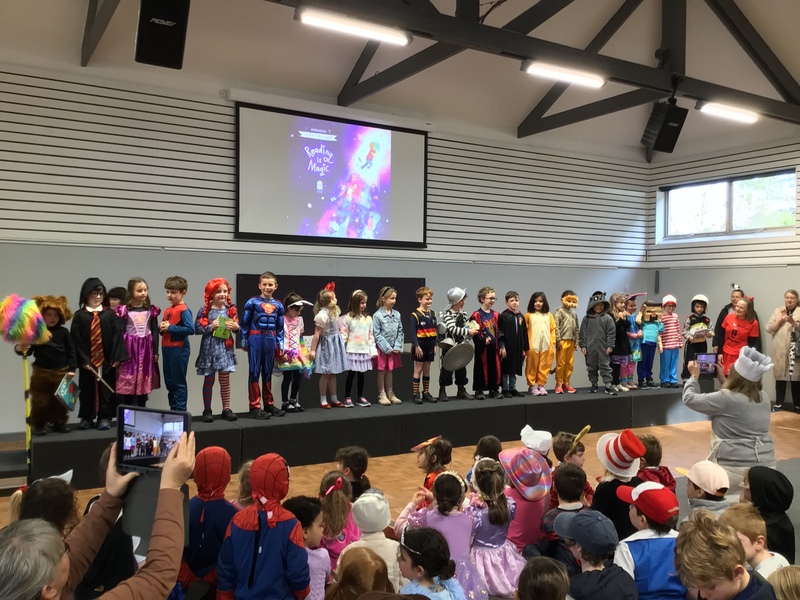
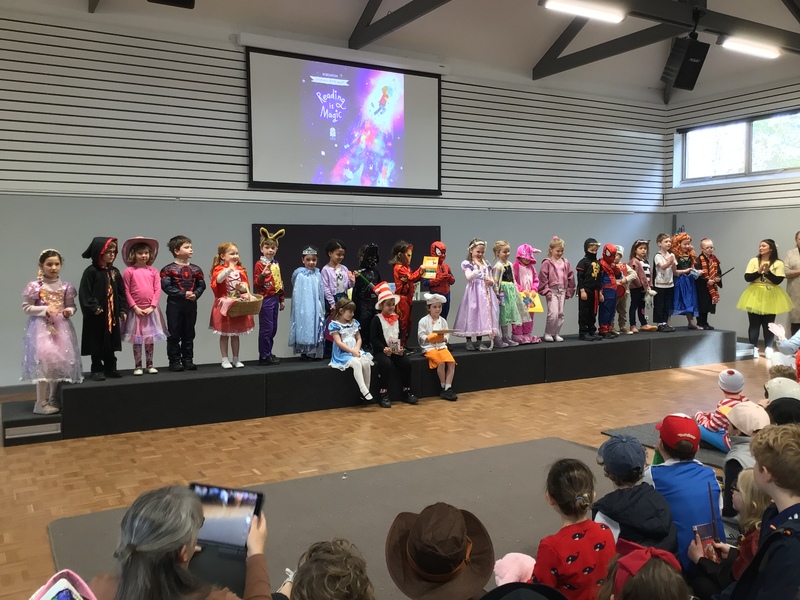
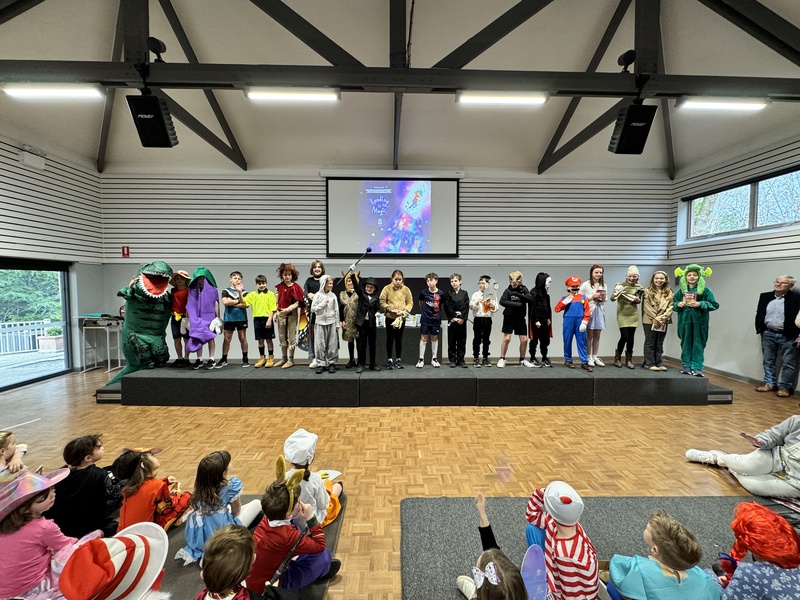
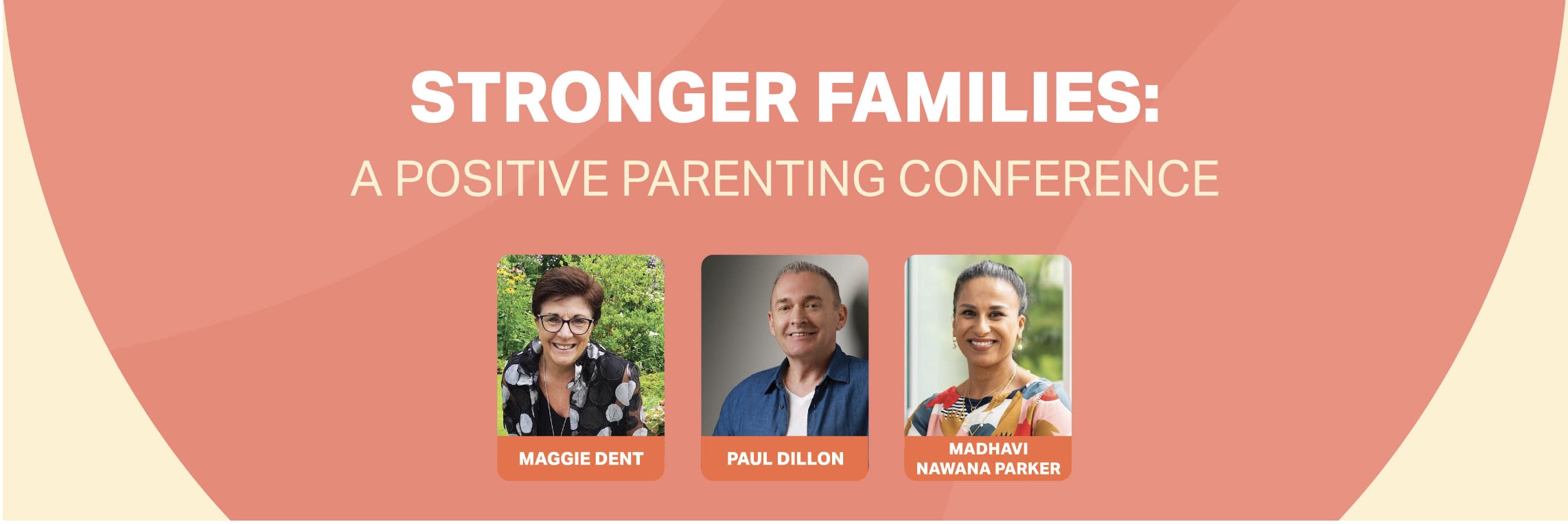

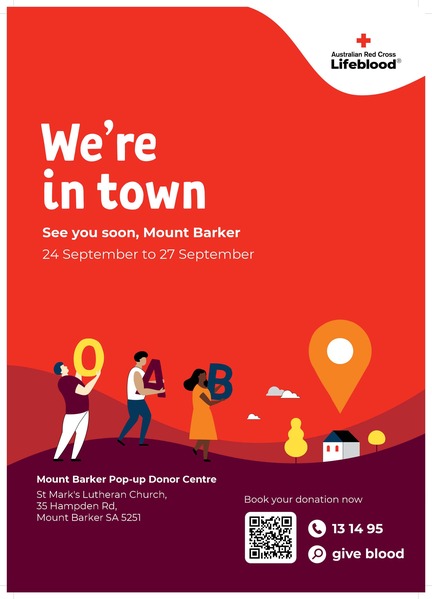





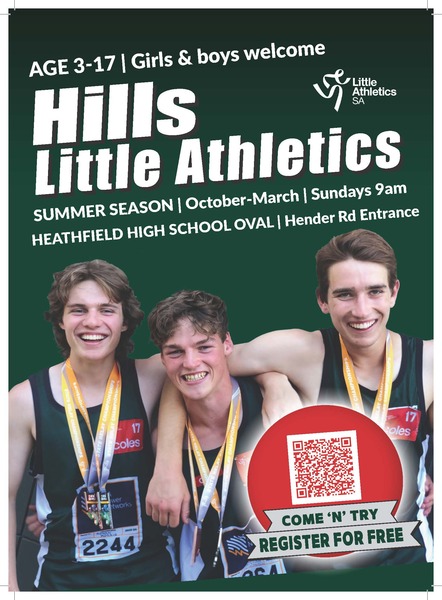




Social